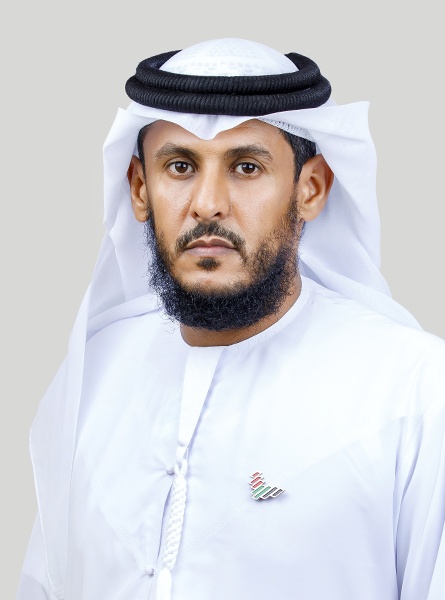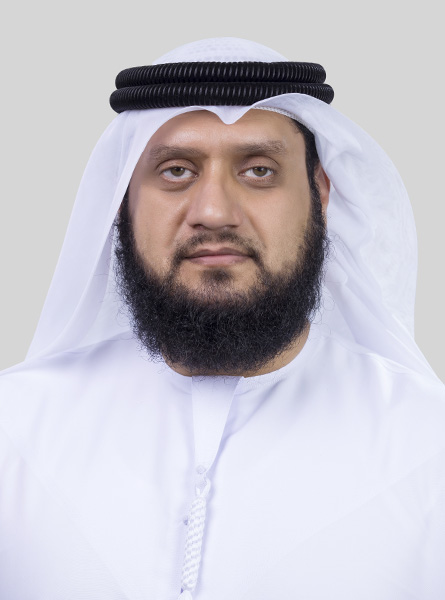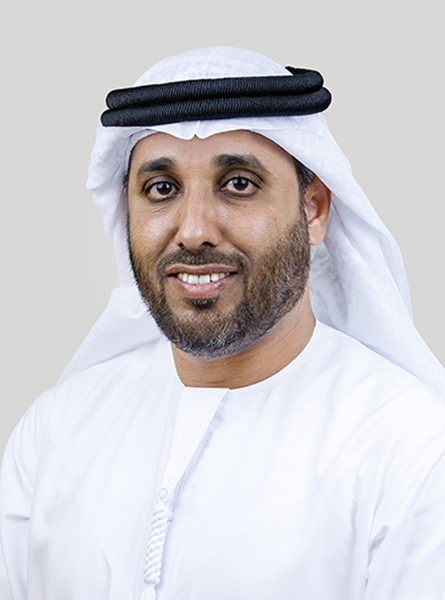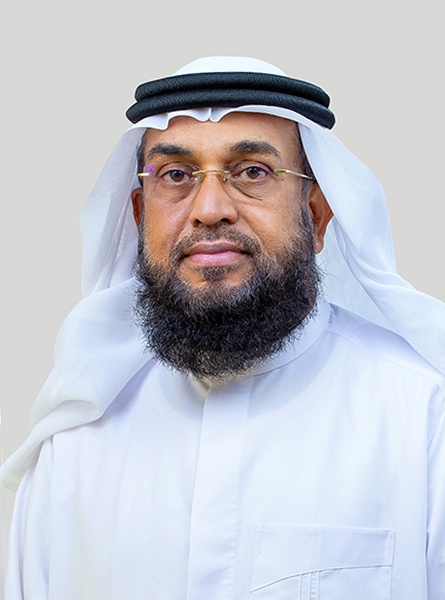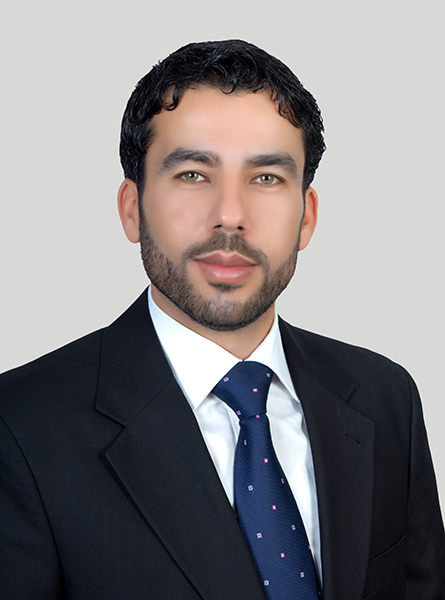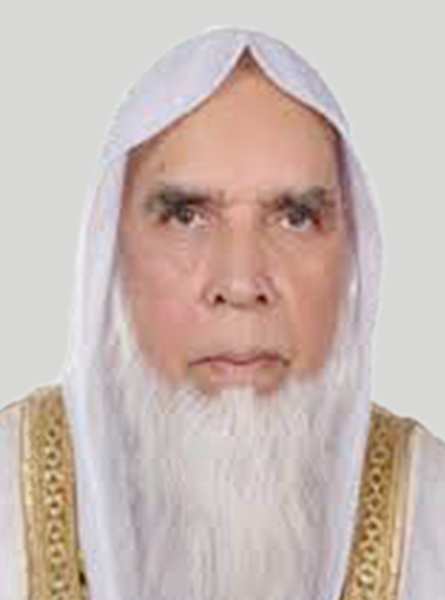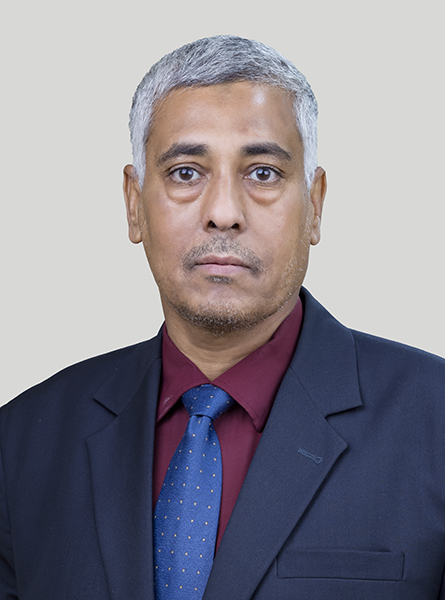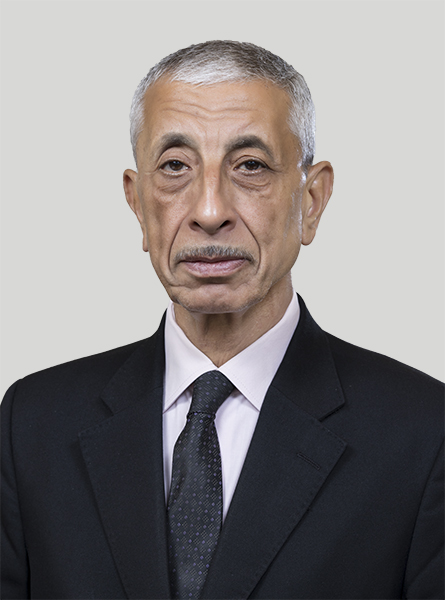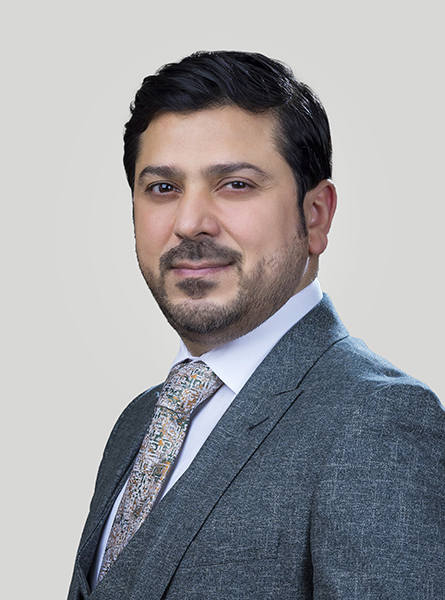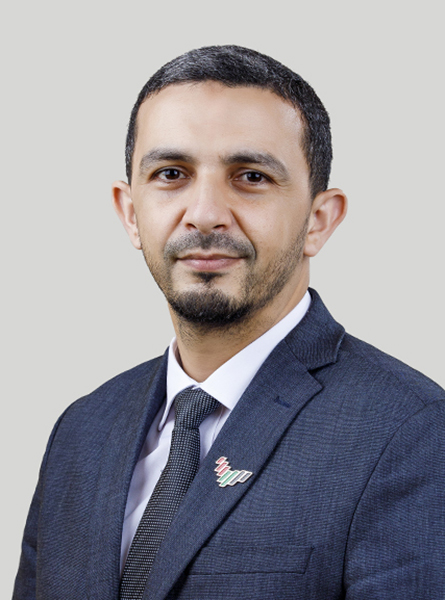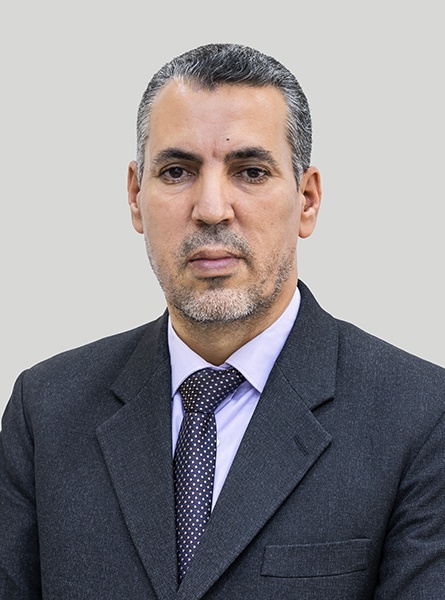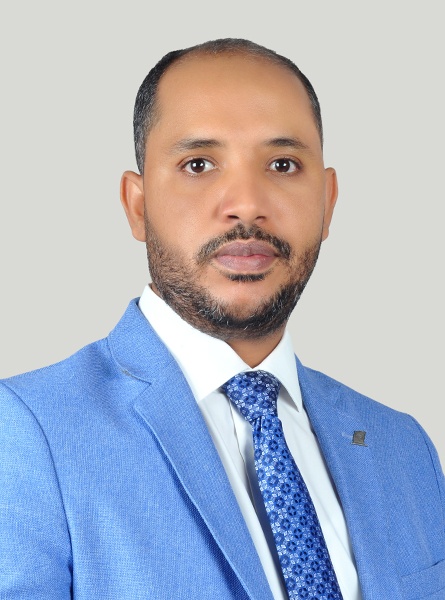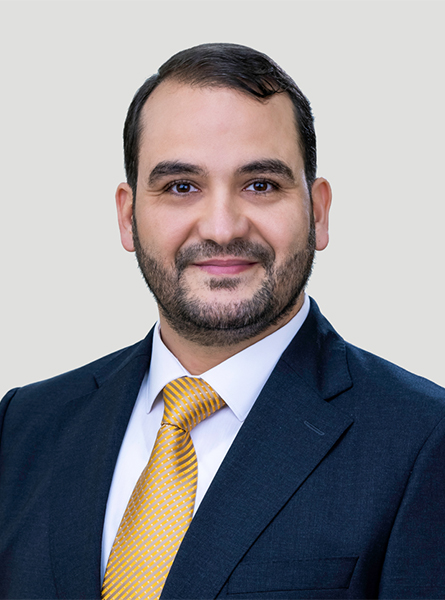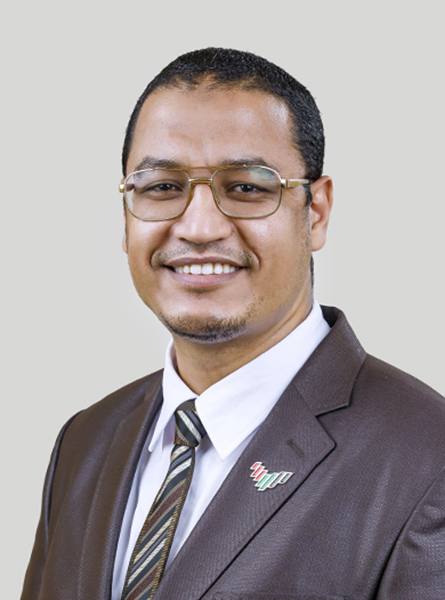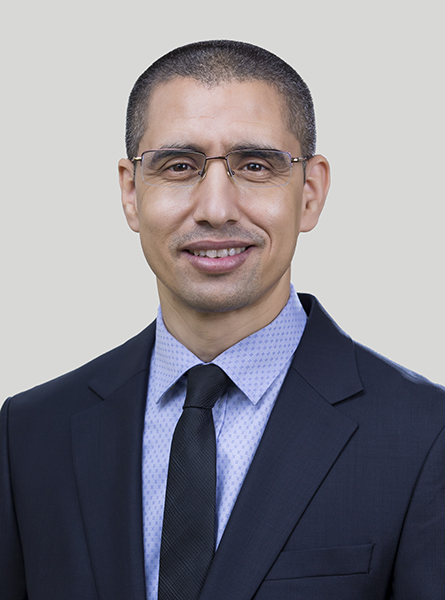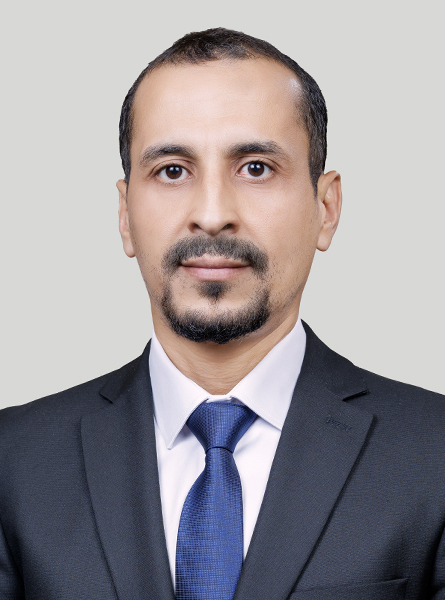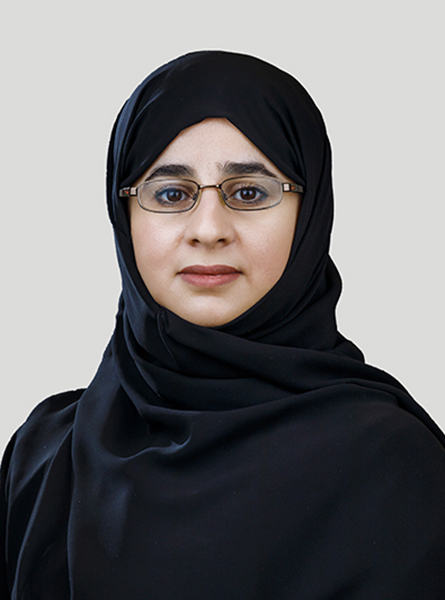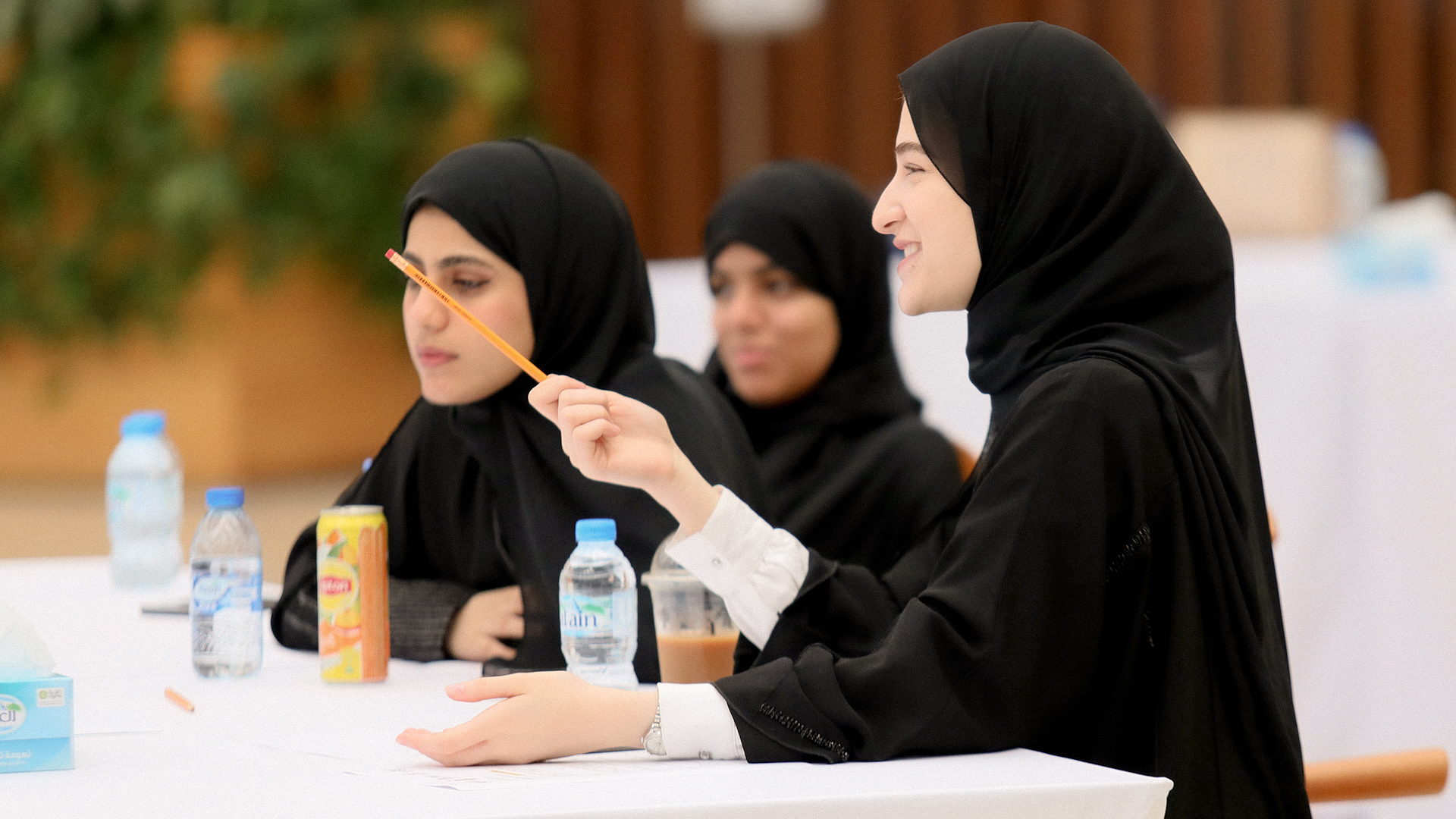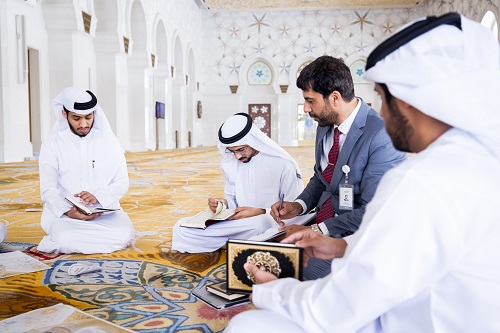
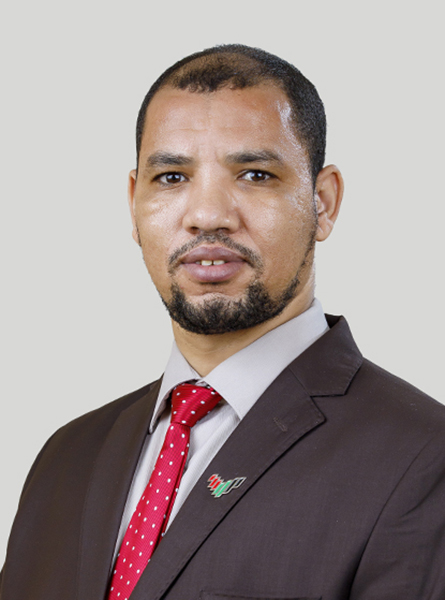
– PhD from Ibn Zahr University, majoring in: Methods of Scientific Studies of the Prophet’s Biography, in 2012
– PhD from Abdul Malik Al-Saadi University, majoring in: Ancient Arabic Literary Text, in 2019
-Biography of the Prophet, Hadith and their sciences
-Investigating, studying and introducing heritage, and framing related training courses.
– Ph.D. from Ibn Zahr University, majoring in: Methods of Scientific Studies of the Prophet’s Biography, in 2012
– PhD from Abdul Malik Al-Saadi University, majoring in: Ancient Arabic Literary Text, in 2019
– Al-Rawda Al-Bahiya Al-Wasima in the Narration of the Noble Prophet’s Conquests by Abu Muhammad Ibn Al-Qatan Al-Fasi (7th century e), accepted by the Center for Studies, Research and Heritage Revival, Kingdom of Morocco
-Fath Al-Fattah, Brief Explanation of Sheikh Khalil, Part 64, investigation, Publications of Mazkar Al-Imam Malik for Research and Studies, first edition in 2021.
-Taqreeb Takhreq al-Wasul fi Ilm al-Usool, by Lutf Allah al-Arrumi, co-authored investigation, published at the Center for Studies, Research and Heritage Revival, Kingdom of Morocco, in 2019
-The Luminousness in the Ethics of the Student of Knowledge, by Abu al-Abbas Ahmad ibn Abd al-Jalil al-Dahmari, a joint study and investigation, accepted for publication at the Center for Studies, Research and Heritage Revival, Kingdom of Morocco
Acting Dean of the College of Islamic Studies
– Associate Professor
– Member of the Scientific Research Committee

Vision
Achieving excellence in Islamic studies specializations and curricula and promoting the values of moderate Islam according to the strategies of the United Arab Emirates, and serving the community in an effective and positive manner.

Mission
High-quality programs in compliance with international standards, a solid scientific training open to modern curricula and technologies, and developing skills that meet the needs of the labor market.

Goals of the college
1) Offering B.A. programs in Islamic studies that combine depth of knowledge and openness to humanities, living languages, and modern computer technologies.
2) Training and qualifying students according with an approach that combines Islamic knowledge selected from original sources with contemporary diligence imbued with a spirit of moderation and tolerance.
3) Providing integrated and open academic programs that respond to international standards and meet the needs of the labor market.
4) Forming a scientific personality able of taking responsibility and equipped with communication skills, creativity, and criticitical and independent thinking.
5) Consolidating the values of loyalty to the nation, dedication to community service, transparency in performance, and openness to others.
6) Create a generation characterized by efficiency and innovation.
7) Qualifying students to access graduate studies and scientific research based on competitive standards.
8) nurturing self-development and effective integration into the labor market.



